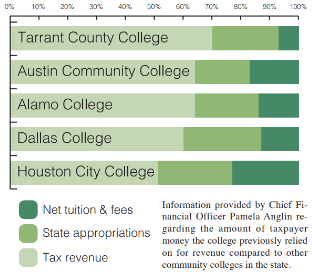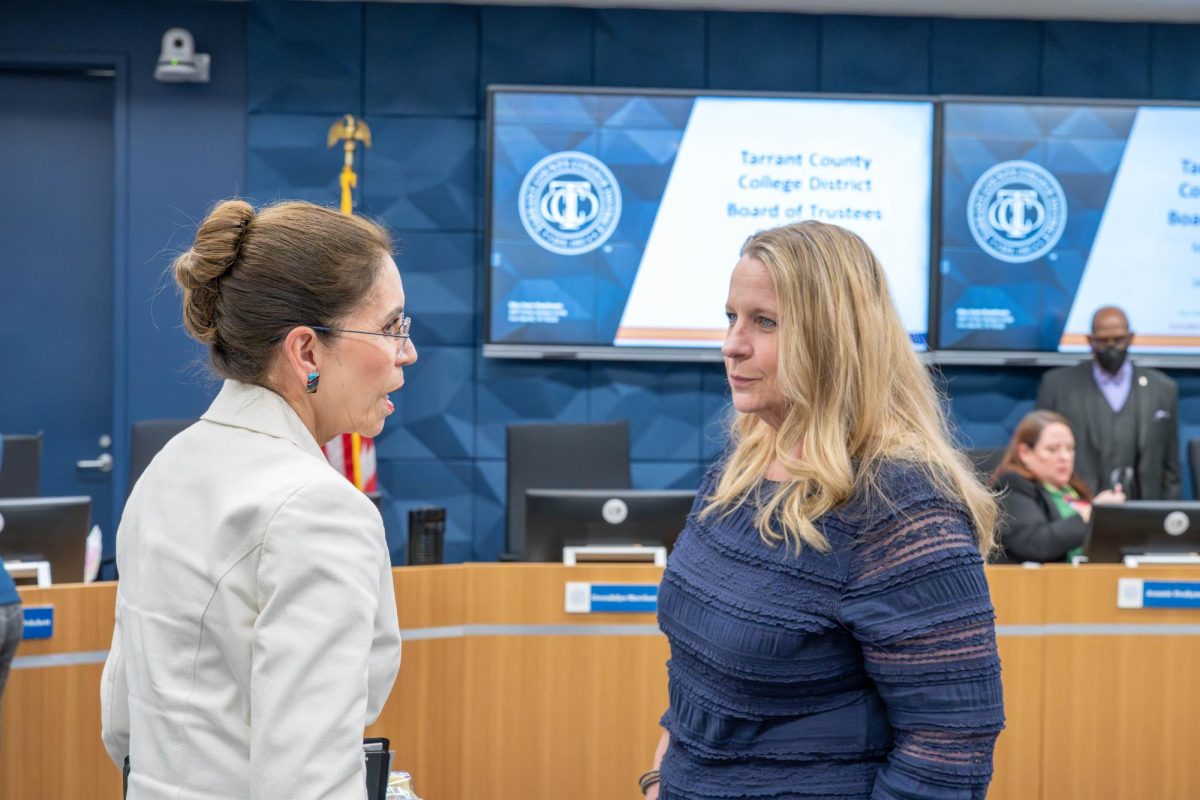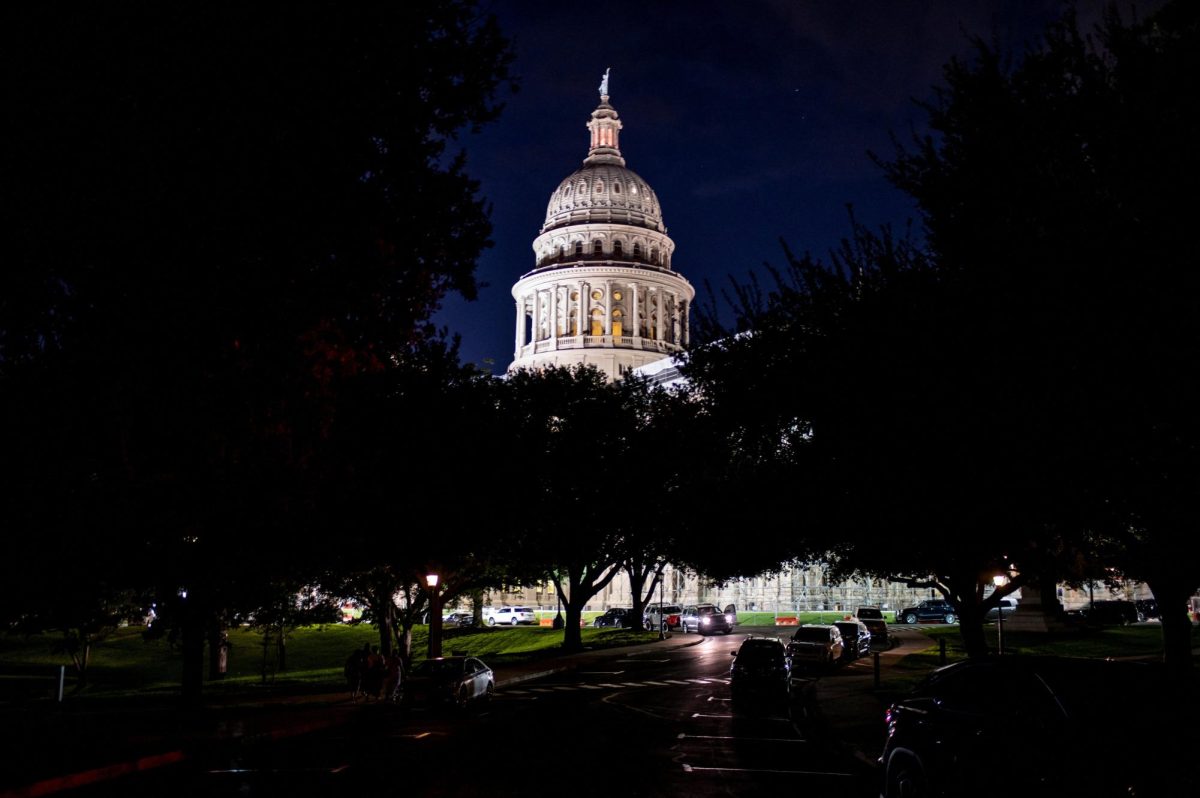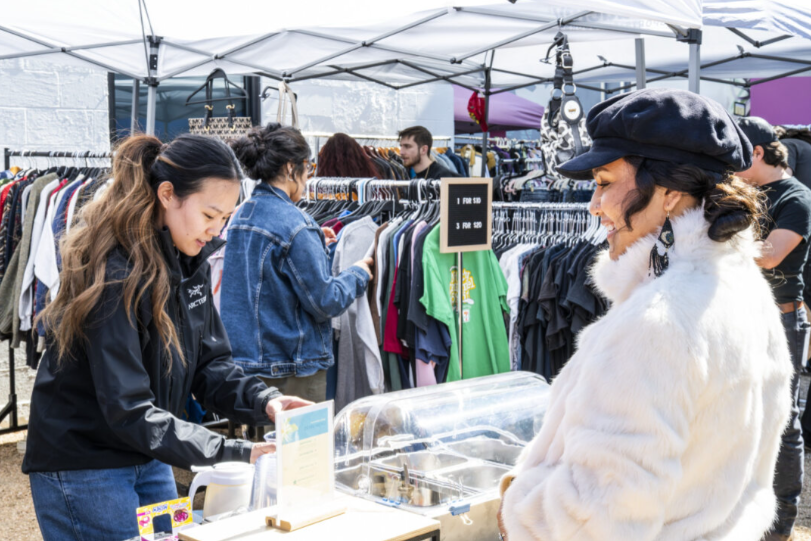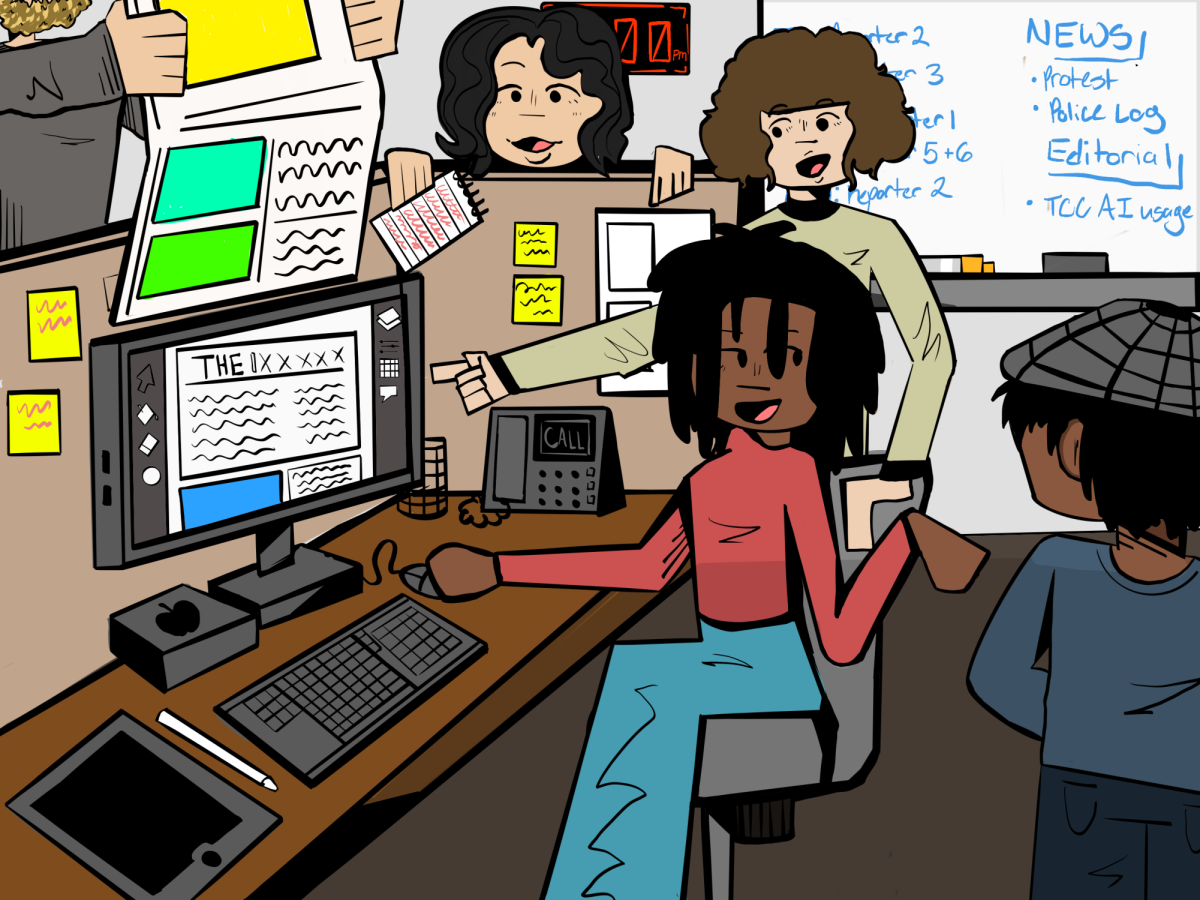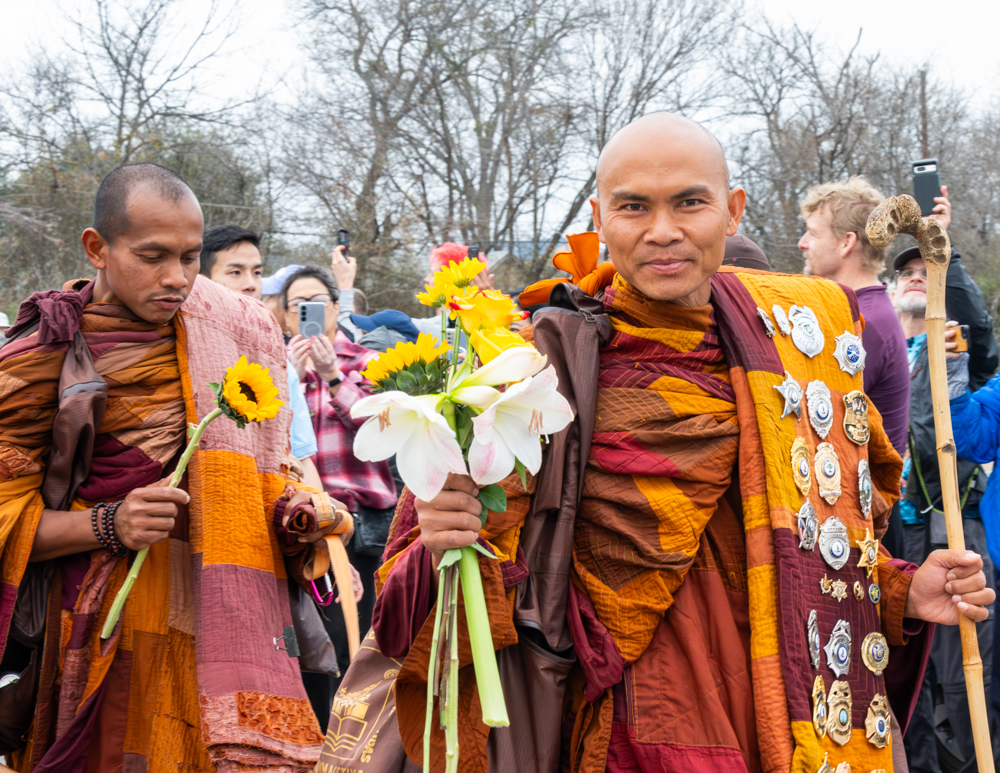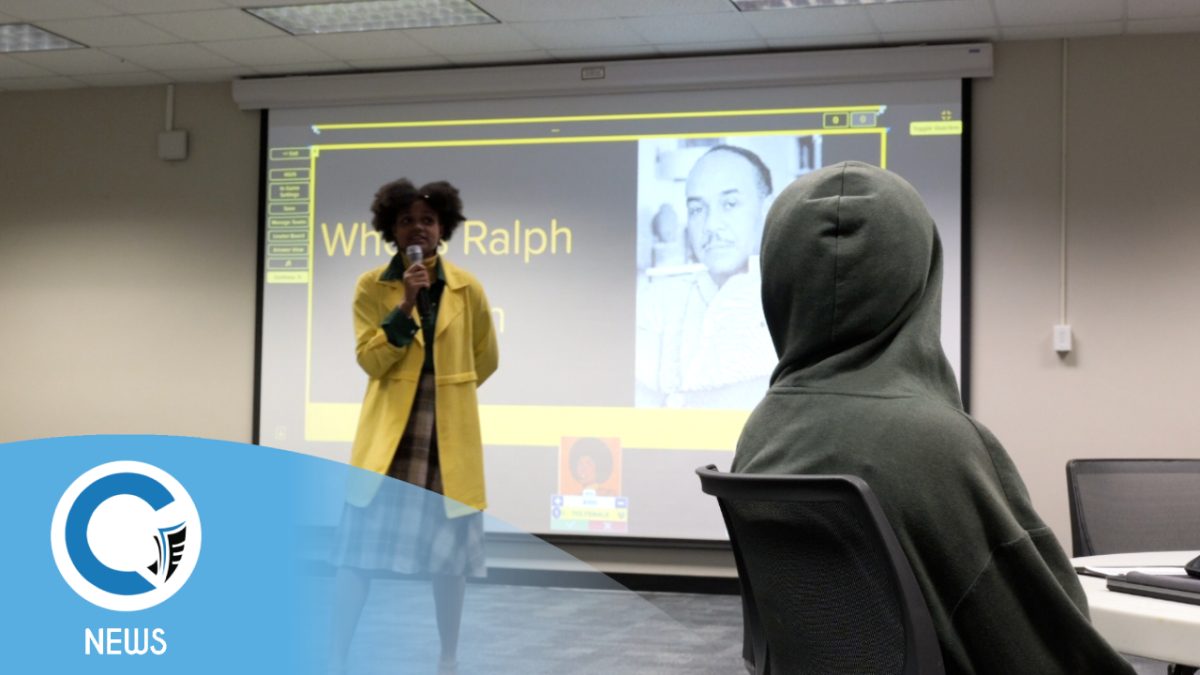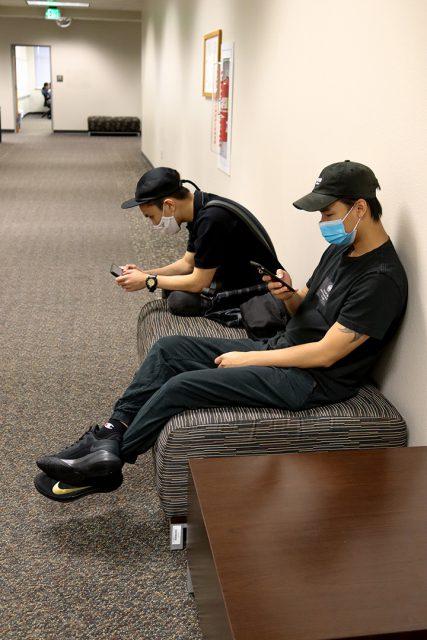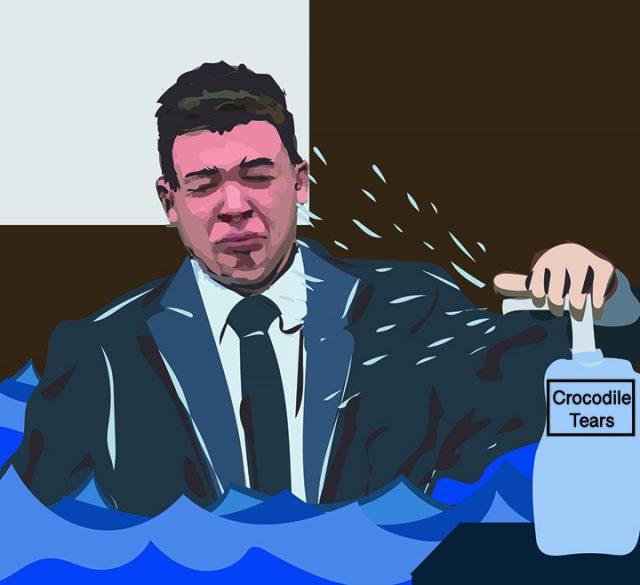“Kung flu,” “Wuhan flu” and “Chinese flu” — these phrases echoed through a church, spoken by former President Donald Trump, provoking an eruption of laughter from 3,000 of his supporters, filling the air with blatant hatred. While his supporters reacted by laughing, the words penetrated the spirits of 20 million Asian Americans across the nation.
The former President’s remarks brought even more baggage along with the pandemic as Asian Americans are still experiencing blame for COVID-19. The pandemic outbreak incited a 150% increase in Asian-American hate crimes, according to the Washington Post.
It seems as though Americans are always quick to point fingers at an entire race or religion when calamity strikes rather than focus on the matter at hand.
Instead of unifying during desperate times, many people resort to violence, which only shatters people’s lives more than before.
On March 16, a man murdered six Asian women in an alleged racially-motivated rampage. The carnage provoked fear in Asian Americans who feel their lives are at risk due to their ethnicity.
In the weeks following, multiple reports of hate crimes against Asians surfaced, many of them against the elderly.
“You don’t belong here,” a man shouted as he finished beating and kicking a 65-year-old Asian woman in the head in a video released by the New York City Police Department on March 31.
While the broadcasting of xenophobia and racism has increased, these hate crimes are not uncommon for minorities living in America.
From the massacring of Indigenous people to slavery and xenophobia, U.S. history sets no example regarding inclusivity, and Asians are not strangers to tragedies throughout American history.
There is no question about it: America has a race problem, and minorities suffer daily, often without justice.
As violent crimes begin to increase, people are left scrambling for a solution. Many suggest more stringent gun control laws, calling for reform. According to a poll conducted by USA Today, two-thirds of Americans support instating stricter gun laws.
Strict gun laws may decrease fatalities caused by mass shootings. However, discriminatory crimes will not disappear.
The solution to virtually everything is to resolve all conflicts by addressing the root problem. Racially motivated hate crimes will not be eradicated unless people grow from their inherent ignorant beliefs.
Education can play an integral role in shattering racially discriminatory narratives. While racism will probably never be fully eliminated, efforts to educate the current and future generations on the importance of inclusivity and unity may lower the staggering statistics that continuously rise today.
Instead of blaming an entire race for the pandemic, people should redirect their energy into striving to take measures to get through these difficult times.
The anti-Asian rhetoric has spread like wildfire, and it’s time to rise from the bigotry and put the fire out.


